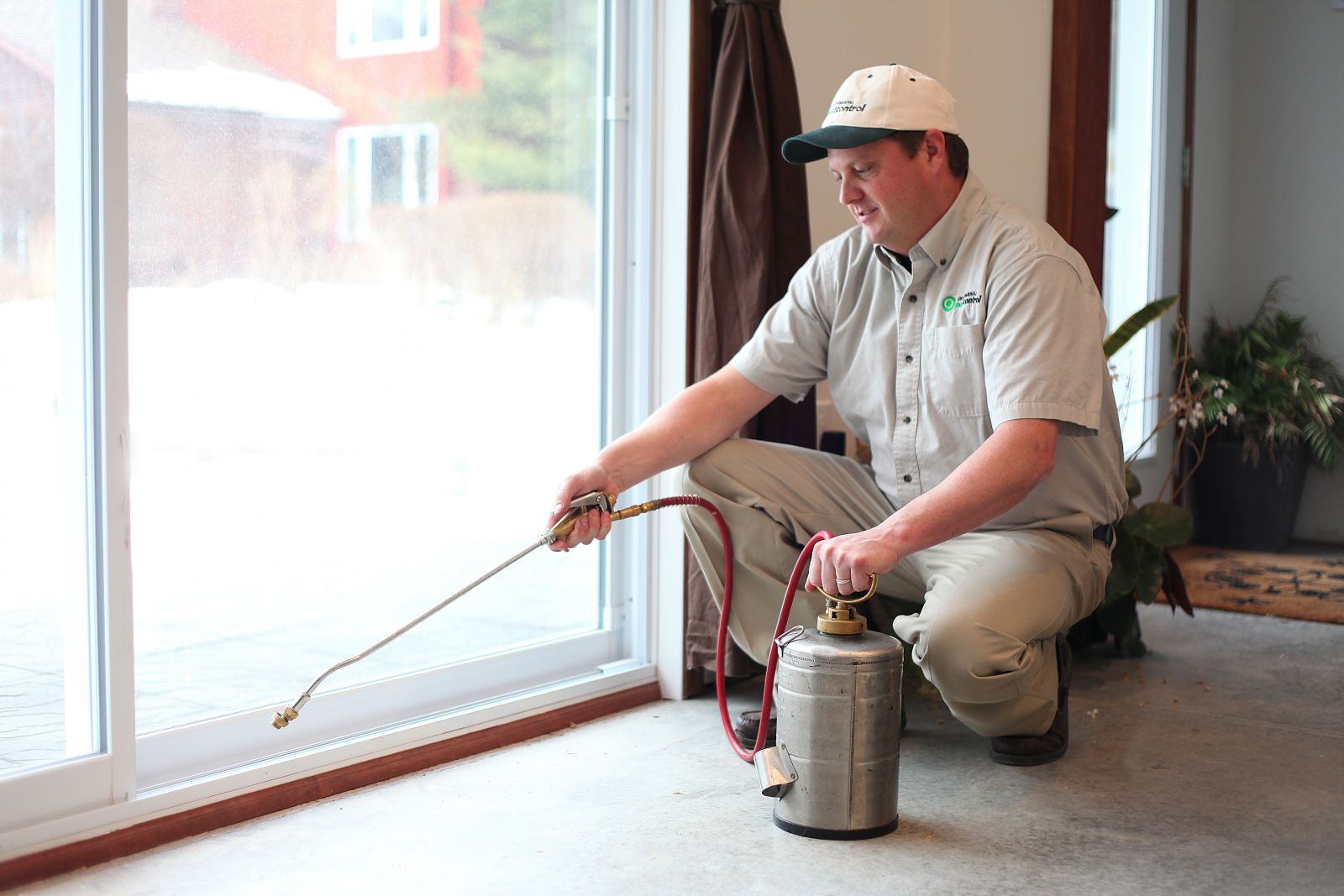Pesticides have long been used as a go-to solution for controlling pests and protecting crops. However, the potential harm caused by these chemical agents to human health and the environment has led to a push for more sustainable pest management practices.
Beyond Pesticides, a non-profit organization, advocates for natural approaches to pest management that are both effective and environmentally friendly. These methods focus on prevention rather than relying on harmful pesticides.
One of the key natural approaches promoted by Beyond Pesticides is Integrated Pest Management (IPM). This method incorporates an understanding of the biology and behavior of pests into decision making, using physical, cultural, and biological controls to manage them.
Physical controls include techniques such as removing plant debris or using barriers like nets or screens to prevent pests from entering an area. Cultural controls involve altering growing conditions or crop rotation to discourage pest activity. Biological control is the use of natural predators or parasites to regulate pest populations.
IPM also emphasizes preventive measures such as proper sanitation practices and promoting biodiversity in agricultural systems. By creating healthy ecosystems, IPM can help prevent infestations before they occur.
Another approach recommended by Beyond Pesticides is organic farming. Organic agriculture relies on natural methods like crop rotation, composting, and https://safepestcontrol.net.au mechanical cultivation instead of synthetic inputs like pesticides and fertilizers. This not only reduces environmental impact but also promotes healthier soil quality which can improve plant resilience against pests.
Companion planting is another tactic used in organic farming that involves planting different crops together in a way that benefits each other’s growth while deterring pests naturally. For example, interplanting garlic with tomatoes helps repel aphids without harming beneficial insects like ladybugs.
Beyond Pesticides also advocates for community-based solutions such as creating supportive habitats for beneficial insects through pollinator gardens or providing nesting areas for birds who eat insect pests.
Educating consumers about their choices when it comes to purchasing food also plays a vital role in sustainable pest management. By choosing products from farms that practice sustainable methods, consumers can show support for environmentally friendly practices and push for change in the industry.
Other natural approaches promoted by Beyond Pesticides include Biologically Integrated Farming Systems (BIFS) which emulates natural ecosystems to provide a sustainable balance between pests and their predators, and pheromone traps that use insect hormones to capture pests without harming other insects.
The ultimate goal of these sustainable pest management practices is not just to control pests but also to create a thriving environment where insects play an important role in pollination and contribute to the health of the ecosystem.
In addition to promoting natural approaches, Beyond Pesticides also supports federal policies that encourage research into alternative pest management methods and prioritize reducing reliance on harmful pesticides. They believe that a shift towards sustainable pest management is crucial for protecting human health, safeguarding the environment, and ensuring food security for future generations.
In conclusion, Beyond Pesticides advocates for natural approaches to managing pests that are less harmful than traditional pesticide-based methods. By incorporating these practices into agricultural systems and educating consumers about their choices, we can move towards a more sustainable future where our crops are protected without causing harm to ourselves or our planet.

